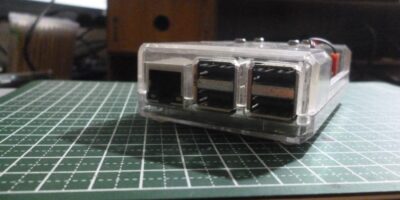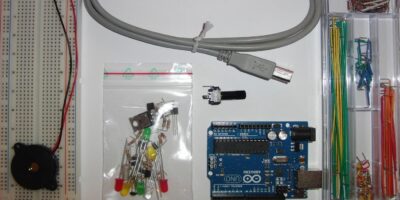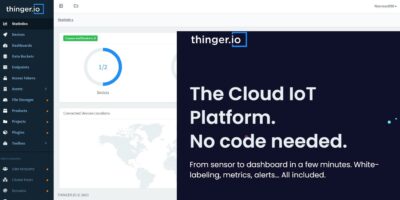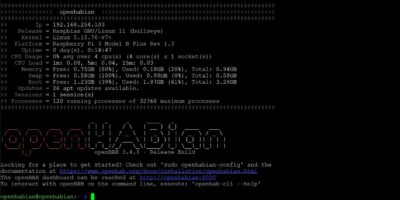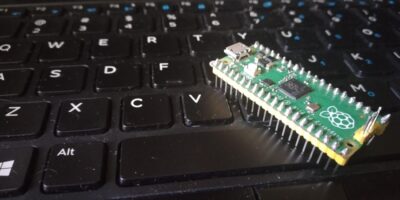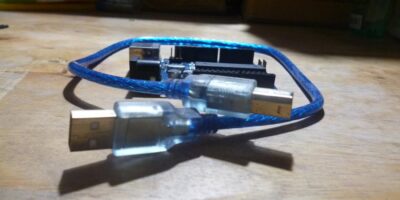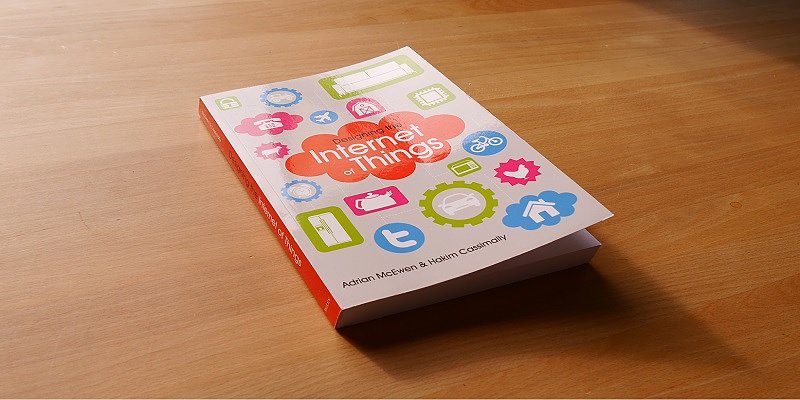
The IoT revolution is happening right in front of us and will reach its big potential in another two to four years. As a developer, if you are keen to learning new skills, there is a world of exciting career opportunities awaiting you. Of course, even if you’re a hobbyist, the endless possibilities in IoT means you can find your niche somewhere. Depending on your background and interest areas, the following are a few technical skills that you can develop to succeed with IoT projects.
Programmers
Software engineers will continue to enjoy the plum jobs in the IoT era. If you know a bit of Python, Java, Android, iOS and R, you’re off to a good start already. Here, your problem solving skills must address the abundance of information called Big Data and the role it will play in IoT.
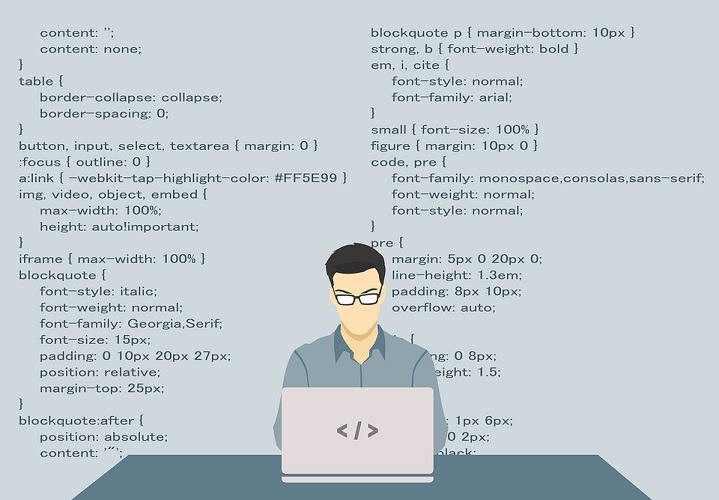
For formal training, consider enrolling in online courses of data science (Tableau, Hadoop, Predictive Analytics) and machine learning. Many are available for free. You should also become part of one or more IoT developer communities where you can contribute code, edit wikis and review documents.
- Linux Foundation’s IoTivity project
- Open Connectivity Foundation, a multi-industry group project led by Microsoft, LG, Samsung and many others.
- Android Things
Networking Engineers
As the Internet of Things is all about connectivity, there is plenty of Sysadmin activity involved in making these objects useful. Clearly, network engineers must focus on their skills for common protocols in smart homes and keep track of a range of devices. Consumer appliances are a major focus because they are different from the computing devices you’re used to. As an aside, you should know stuff like how beacons work, what “edge devices” are, and how to avoid security breaches. Moreover, it is important to deepen your knowledge about the routers, switches, and servers in IoT. For formal training, you can enroll in Cisco’s recognized networking IoT program.
Hardware Engineers
Hardware engineers will control the “devices” that make up the bulk of IoT objects. Obviously, some time spent in electronics design and fabrication will be a good start. You should know how Intel and ARM processors are being reworked for IoT applications. Besides, some knowledge in Raspberry Pi or Arduino kits and on-board device sensors is necessary. In fact, a smart trick is to study the “hardware reference designs” of common smart appliances and develop working prototypes of your own. Like the networking engineers described above, you must know enough about networking protocols.
Testing Engineers
Testing and QA professionals must learn about DevOps, mobile app development and user interface design. Amazon’s IoT development team is already using this triple cocktail to boost their best quality practices. Moreover, if you have experience in Agile projects, the methodology in typical IoT projects should not feel very different. In fact, the timelines and expectations are so similar that you can execute them without any trouble.
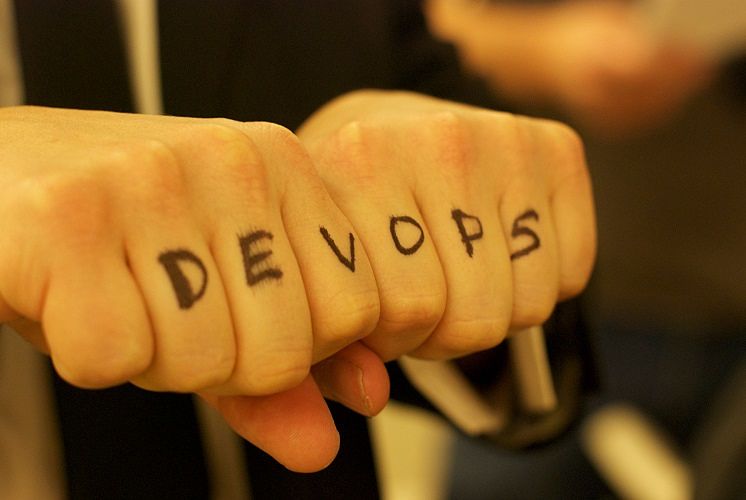
Cyber-Security Professional
The data attacks in IoT have become a serious challenge in adopting the technology. As a result, there is growing demand for professionals who know about cryptography, managing keys, and sealing the networks. There is also demand for new security concepts such as ensuring the safety of edge devices. IoT security engineers will form an integral part of the next wave of trendy jobs in this field.
Communications Professionals
If you’re a sales or mass communications professional, count yourself lucky. Even if you don’t fit the profile of a developer, your sharp communication skills are in demand in so many IoT areas. These include, among others, AI, cognitive computing, voice training and memory building. Injecting human emotions into the devices should be easy for someone who has spent time in media and advertising, but if the robots are going to replace us humans in future, you will take the blame for it!

Versatile Learners
Are you older and feel a bit too late for the IoT party? For the resilient ones who don’t ever quit, it is always a good idea to learn skills for the IoT age. Azure, AWS and Google Cloud IoT offer fantastic opportunities to sharpen your IoT app-building skills. From the comforts of the Internet, you can learn how to launch your own app in distinct clouds. Cisco offers a free 20-hour course on what IoT is. In fact, it is this breed of developers who are expected to become all-arounders.
Conclusion
There is a strong chance that in the foreseeable future, being “IoT-illiterate” might become a serious disadvantage. However, spending just five hours a week learning about IoT can yield rich results. Whatever your field of interest, there is a definite career path starting from here. Lastly, you can learn plenty of IoT concepts on this blog itself.
